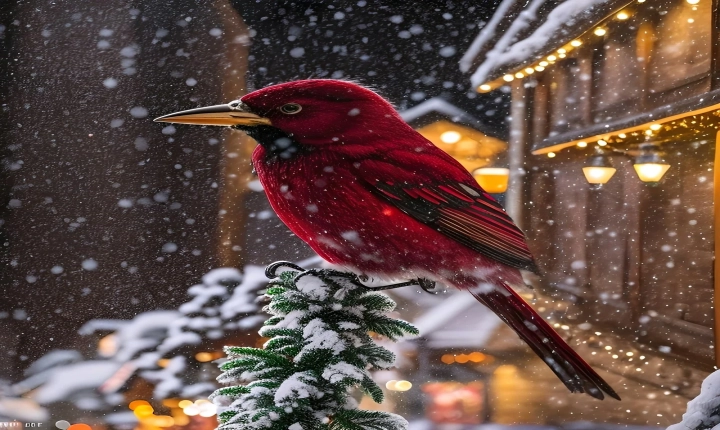Are AI-Created Images Copyrighted?
Artificial intelligence has revolutionized the way we create and share content, with AI-generated images becoming increasingly popular. However, this has brought up the question of copyright law and whether AI-created images are eligible for copyright protection.
Copyright law, at its core, is designed to protect original works of authorship fixed in a tangible medium from unauthorized use. This protection extends to a wide range of creative works, including literary, musical, and visual works. But when it comes to AI-generated images, the question becomes more complex.
AI-generated images are created through algorithms and machine learning models that analyze and mimic existing datasets to produce new and original content. This presents a unique challenge for copyright law, as the traditional concept of authorship may not apply in the same way it does to human-created works.
In the United States, the Copyright Office has taken the position that copyright protection extends to original works created by natural persons, and not to works created by non-human entities or through a completely automated process. This means that AI-generated images may not be eligible for copyright protection under current US copyright law.
However, in other jurisdictions, such as the European Union, the approach to copyright for AI-generated works is more progressive. The EU’s Copyright Directive recognizes that copyright protection should be extended to works created with the involvement of artificial intelligence. This means that AI-generated images may be eligible for copyright protection in the EU and other jurisdictions that adopt a similar stance.
The debate over copyright for AI-generated images raises important questions about the future of creative production and intellectual property law. As AI technology continues to advance, it is essential for lawmakers and copyright experts to consider how to adapt existing laws to accommodate new forms of creativity.
One potential solution is to establish a new category of copyright protection specifically tailored to AI-generated works. This could involve creating a framework for attributing authorship to the individuals or organizations that develop the AI systems responsible for generating the content.
Another approach could be to explore the concept of “sui generis” rights, which would provide a form of protection for content that does not fit neatly into traditional copyright law categories. This would allow for the recognition of the unique nature of AI-generated works and the need for legal protection.
In conclusion, the question of whether AI-created images are copyrighted is a complex and evolving issue that requires careful consideration. As AI technology continues to shape the creative landscape, it is crucial for legal frameworks to adapt in order to provide adequate protection for these new forms of creative expression. The future of copyright law in relation to AI-generated images will undoubtedly be a topic of ongoing discussion and development.
